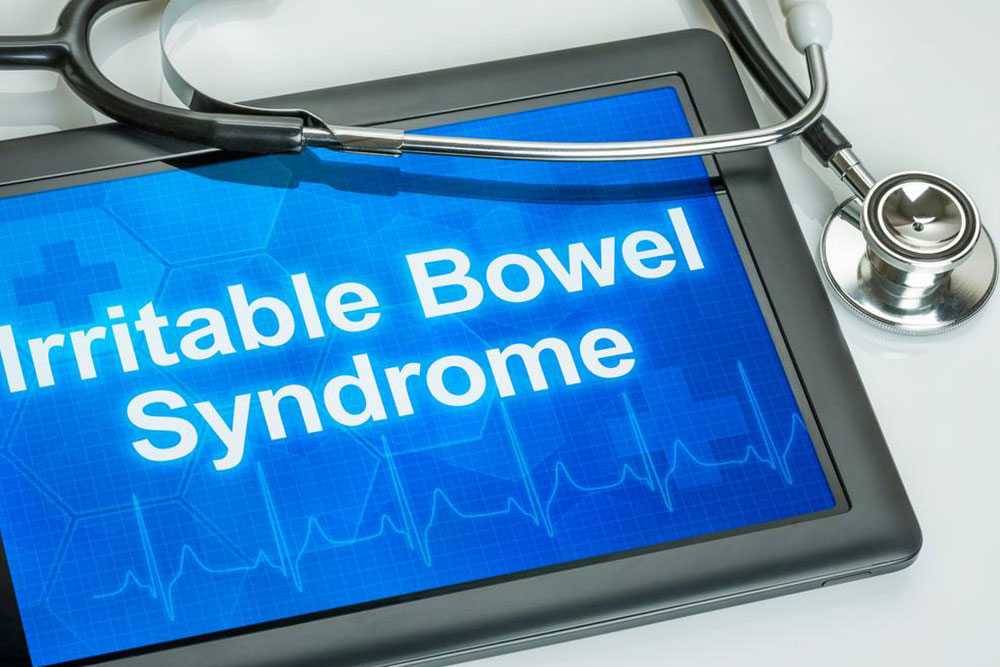Managing Stomach Discomfort and Digestive Issues
Discover effective ways to manage indigestion and abdominal pain. Learn about common causes, symptoms, and lifestyle tips to ease discomfort. Seek professional advice for persistent issues and improve your digestive health with simple, proven strategies.

Managing Stomach Discomfort and Digestive Issues
Digestive discomfort, commonly known as indigestion or dyspepsia, affects many individuals and can be caused by dietary habits or underlying health issues. A primary symptom associated with this condition is abdominal pain.
Causes
Various factors, from minor to serious health concerns and lifestyle choices, can trigger indigestion.
Medical Conditions:
Gastric ulcers
Intestinal infections
Irritable bowel syndrome
Thyroid disorders
Gastroesophageal reflux disease (GERD)
Pancreatitis
Rarely, abdominal tumors
Diet and Lifestyle Factors:
Unhealthy eating habits
Consuming greasy foods in excess
Eating quickly and not chewing thoroughly
Stress and anxiety
High alcohol intake
Smoking
Medication Factors:
Thyroid medications
Antibiotics
Birth control pills
Steroids
NSAIDs like aspirin and ibuprofen
Additional Factors:
Pregnant women, especially in later trimesters, may experience indigestion due to hormonal shifts and pressure from the growing fetus.
Some individuals suffer from persistent indigestion with no identifiable cause, known as functional dyspepsia.
Signs and Symptoms
Symptoms can vary and include:
Stomach pain of varying intensity
Burning sensation in the stomach
Frequent belching
Gas and bloating
Acidity
Nausea or vomiting
Management and Treatment
Occasional indigestion often resolves on its own. However, persistent or severe symptoms warrant medical evaluation.
Healthcare providers may perform endoscopy or imaging tests to identify underlying causes.
Medications to decrease stomach acid may be prescribed, but they can have side effects.
Lifestyle adjustments, such as eating smaller meals, avoiding spicy and fried foods, and reducing stress, can be effective.
Regular exercise and weight management can help alleviate symptoms.
Avoid lying down immediately after eating to prevent discomfort.
While uncomfortable, indigestion is manageable with appropriate changes and medical care.










